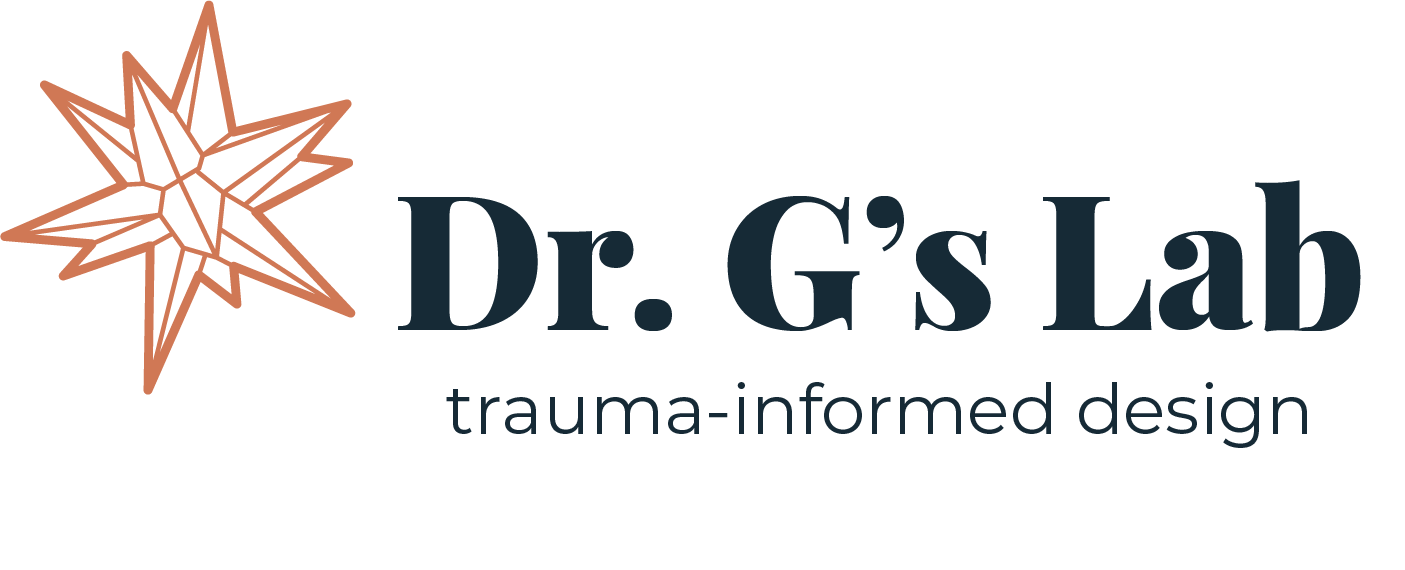Empowering Communities: Five UX Innovations Every Nonprofit Needs
In today's digital age, nonprofits face unique challenges in creating meaningful connections and delivering impactful services. User experience (UX) design plays a pivotal role in enhancing these efforts by making online platforms more accessible, engaging, and user-friendly.
Here are the five essential UX innovations that can help nonprofits enhance services and empower their communities more effectively.
1. User-Centered Design Approach
Implement User Research:
Conduct interviews, surveys, and focus groups with community members to understand their needs, pain points, and expectations. This research should inform all design decisions.
Create Personas:
Develop user personas based on research findings. These personas should represent different segments of your community, helping to tailor services and communications to meet their unique needs.
2. Simplify Navigation and Information Architecture
Streamlined Website Design:
Design a clean, intuitive layout for your website and digital platforms. Use clear categories and labels for content, making it easy for users to find what they need without frustration.
Mobile Responsiveness:
Ensure that your website and digital services are fully responsive and accessible on mobile devices. Many users will access information through their phones, so optimizing the experience for smaller screens is crucial.
3. Enhanced Accessibility Features
Adhere to WCAG Guidelines:
Implement Web Content Accessibility Guidelines (WCAG) to ensure your website is accessible to individuals with disabilities. This includes providing alt text for images, ensuring text contrasts well with backgrounds, and enabling keyboard navigation.
Offer Multiple Formats:
Provide content in various formats (e.g., text, audio, video) to cater to different learning preferences and needs. Consider offering translations for non-English speakers to broaden accessibility.
4. Engaging Content and Storytelling
Use Compelling Visuals:
Incorporate high-quality images and videos that tell your nonprofit's story and showcase its impact. Visual storytelling can create an emotional connection with your audience.
Regular Updates and Newsletters:
Keep your community engaged with regular updates about your programs and initiatives. Use newsletters, blogs, or social media to share success stories, volunteer opportunities, and upcoming events.
5. Streamlined Donation and Volunteer Processes
Simplified Forms:
Make it easy for users to donate or sign up to volunteer by simplifying forms. Minimize the number of required fields and ensure that forms are user-friendly, with clear instructions.
Transparency in Impact:
Communicate clearly how donations will be used. Provide updates on the impact of contributions through dashboards or progress reports, helping donors feel connected to the cause.

